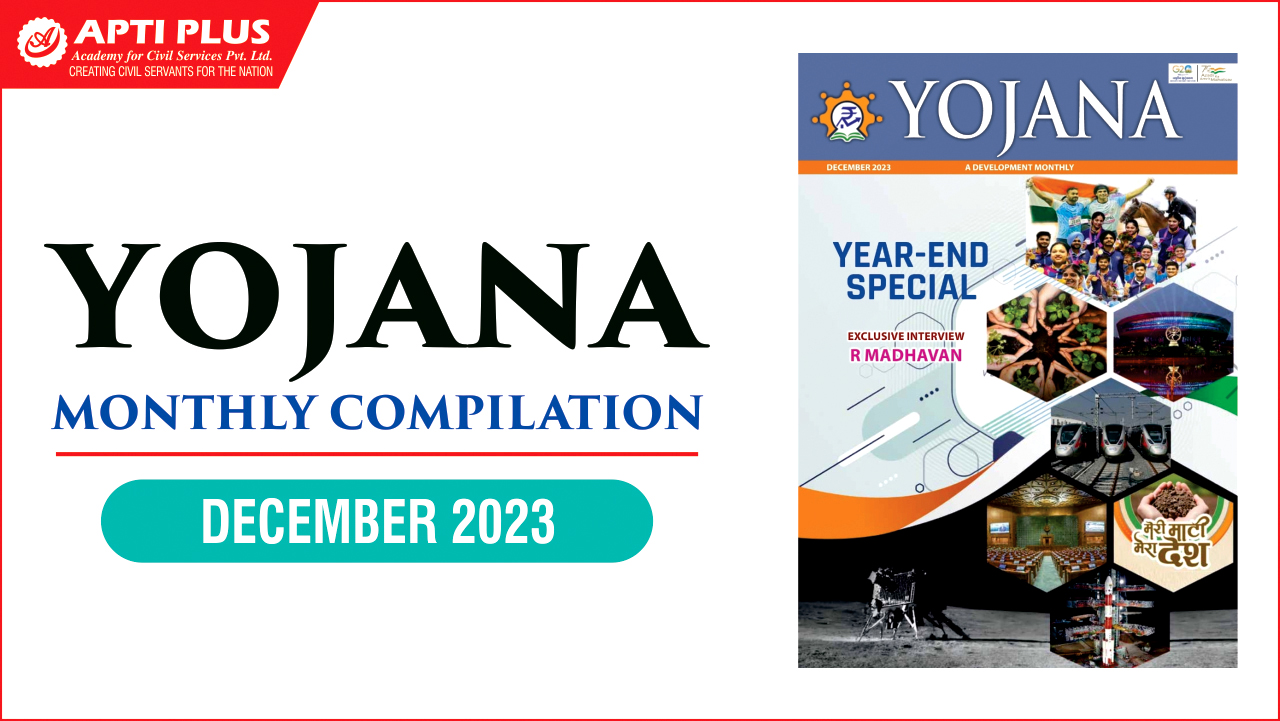Description
_ACT_1956.png)
Copyright infringement not intended
Picture Courtesy: www.groundup.org.za
Context: The Kerala High Court in its ruling expanded the interpretation of the term "procure" in Section 5 of the Immoral Traffic (Prevention) Act, 1956 (ITP Act). Section 5 of the ITP Act penalizes individuals who "procure," "induce," or "take" people for prostitution. The court concluded that a customer in a brothel could be charged under this section.
Immoral Traffic (Prevention) Act, 1956 (ITP Act)
- The ITP Act, enacted in 1956, aims to prevent the commercialization of vices and the trafficking of females for sexual exploitation or abuse.
- Section 2 defines a "brothel" and "prostitution" in the context of sexual exploitation for commercial purposes.
- Section 5 penalizes those who procure, induce, or take individuals for prostitution purposes.
Current Case
- The accused in this case was found as a customer in a brothel and faced charges under various sections of the ITP Act, including Section 5.
- The accused argued that being a customer, he should not be charged under the ITP Act. He also raised concerns about procedural safeguards not being followed in his case.
- The district court rejected the plea, directing charges to be framed against the accused.

Kerala High Court Ruling
- The court observed that since the term "procure" was not explicitly defined in the 1956 Act, it should be understood in the context of preventing immoral trafficking and prostitution.
- The court interpreted "procure" to include obtaining "domain over a person" for prostitution, thereby broadening the scope to include customers.
- The ruling implies that customers in brothels can now be charged under Section 5 of the ITP Act, in addition to pimps and brothel-keepers.
Significance
- The Kerala High Court's decision set a precedent for holding customers accountable under the ITP Act, which was a matter of differing opinions in various high courts.
- The accused, in this case, will face trial under Section 5 of the ITP Act, as the court held that he could be charged under this section.
- It's essential to note that the ruling doesn't declare the petitioner guilty but allows for charges to be brought against him.
_ACT_19561.png)
Conclusion
- Overall, the ITP Act is a complex and controversial piece of legislation. While it has been successful in curbing some forms of trafficking, it has also been criticized for its negative impact on sex workers and victims of exploitation. The recent Kerala High Court ruling has added another layer of complexity to the debate surrounding the Act.

Must Read Articles:
World Day Against Trafficking In Persons 2023: https://www.iasgyan.in/daily-current-affairs/world-day-against-trafficking-in-persons-2023
Human Trafficking: https://www.iasgyan.in/daily-current-affairs/human-trafficking-40
|
PRACTICE QUESTION
Q. How is India addressing the issue of human trafficking, and what measures are being taken to combat this crime, protect victims, and raise awareness in the context of the country's socio-economic and legal framework?
|




_ACT_1956.png)
_ACT_1956.png)
_ACT_19561.png)



